- NOVALUNE LASER
- .
Embracing Freedom: Laser Hair Removal for Individuals with Excoriation Disorder

Excoriation disorder, also known as dermatillomania or skin-picking disorder, is a mental health condition characterized by compulsive skin picking, scratching, or rubbing of the skin, resulting in damage to the skin’s surface. This disorder can have a significant impact on a person’s well-being and self-esteem.
Laser hair removal treatments can help diminish the negative impacts of excoriation disorder. Beyond its cosmetic benefits, laser hair removal can offer unique advantages to those battling dermatillomania, promoting improved physical and emotional well-being.
Understanding Skin Picking Disorders
Excoriation disorders can lead to a host of physical and emotional challenges. The compulsion to pick at the skin often focuses on perceived imperfections, such as blemishes, scabs, or ingrown hairs. This behavior can result in skin damage, scarring, and infection, while also perpetuating feelings of shame, guilt, and diminished self-esteem. The relentless cycle of skin picking can create a sense of helplessness and exacerbate the underlying anxiety that often accompanies this condition.
Laser Hair Removal Treatments for Skin Picking Disorders
Laser hair removal is a non-invasive treatment that utilizes concentrated light energy to target and destroy hair follicles. While primarily known for its cosmetic effects, this procedure can also provide meaningful benefits to individuals with excoriation disorders.
So, how can laser hair removal help with excoriation disorder?
- Reduction of Trigger Points: Unwanted hair can serve as a trigger for picking behavior. Laser hair removal can substantially decrease the presence of hair, thereby reducing the physical sensation that prompts individuals to pick at their skin.
- Diminished Obsessive Focus: The absence of visible hair can help break the cycle of obsessive thoughts about skin imperfections. Without the target of hair to focus on, individuals may find it easier to redirect their attention away from the urge to pick.
- Improved Skin Condition: Skin picking often results in scars, scabs, and infection. Laser hair removal can lead to smoother skin, which may reduce the availability of uneven surfaces that individuals are prone to pick at. In other words, laser hair removal can serve as a skin care method of sorts for excoriation disorder.
- Boosted Self-Confidence: A common outcome of excoriation disorders is reduced self-esteem due to perceived damage to the skin. The positive results of laser hair removal can help enhance self-confidence, allowing individuals to feel more comfortable and at ease in their bodies.
- Breaking the Habit Loop: The process of undergoing laser hair removal requires a degree of patience and discipline, encouraging individuals to develop healthier routines and habits. This shift in focus from picking to self-care can play a crucial role in breaking the cycle of excoriation.
Beyond Laser Hair Removal: A Holistic Approach to Healing
While laser hair removal offers valuable benefits, we must acknowledge that it is not a standalone solution for excoriation disorders. A comprehensive approach to healing involves therapy, support networks, and self-care strategies. Cognitive behavioral therapy (CBT) can be particularly effective in addressing the underlying causes and triggers of skin-picking behaviors.
Ready to get started? Book a free consultation today, where we will discuss our hair removal options, the treatment process, and how we can cater to your unique skin needs.






